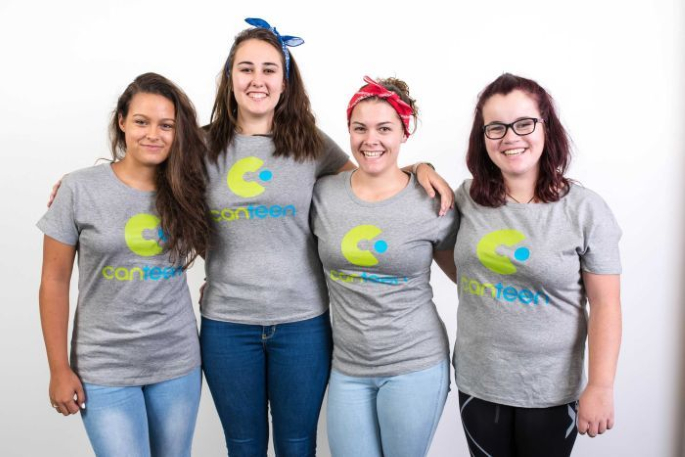05
Dec 2019
$22M for Teen Aid
Published in General on December 05, 2019

CanTeen is an organization that supports 12 to 24 year-old Australians who have been diagnosed with cancer or who have a family member suffering from said disease. It has hubs located in Melbourne and other major areas. This association is the recipient of the $22 million funds from the Morrison Government. The purpose of this movement is to help CanTeen to continue providing its services until 2025 and to ultimately support these individuals in their battle with cancer.
The extended funding will enable these young patients to receive nothing but the best medical assistance. It also includes the care and services from social workers, exercise physiologists, and psychologists. According to Peter Orchard, who is the chief executive of CanTeen, the aforementioned additional services are essential.
“Cancer doesn’t just affect a young person’s body. Every other aspect of their life is disrupted and that’s where these specialist and multi-discipline teams are critical,” he added.
The donation was announced on Bandanna Day which is in its 25th year. The goal of this event is to encourage support and help raise awareness for these young cancer patients.
Back in 2010-2014, 4843 Australians ages 15 to 24 were diagnosed with new cases of cancer. In other words, an average of more than two individuals tested positive for cancer each day. The Royal Children's Hospital (RCH) Children's Cancer Centre (CCC) is recognised as an international leader in the research and treatment of childhood cancer, each year treating around 180 newly diagnosed cancer patients under the age of 18 and many children receive ongoing treatment and/or active patient follow up.
The good news is that roughly 6300 young cancer patients will benefit from CanTeen’s support.
“The rate of incidents of cancer diagnosis in young Australians remain steady. The bad news is that some cancers such as bowel cancer are increasing, but the good news is that some cancers like melanoma are decreasing,” said Mr. Orchard.
Greg Hunt, who is the Federal Health Minister, believes that young individuals do not deserve to suffer from cancer.
“The program is tailored to meet young people’s unique health, social, and emotional needs. It helps young people with cancer access clinical trials and links to appropriate community-based support services following their treatment,” said Mr. Hunt.
A 22-year-old patient named Kathryn Woodward who is from Queensland was previously diagnosed with Hodgkin’s lymphoma back in 2012. Now, she is free from cancer and is even studying medicine. Ms. Woodward claims that CanTeen’s services truly helped her throughout her entire journey with cancer.
“I was in a new hospital, a new city, with a new doctor, along with 12 months of intensive treatment, but through all of these changes and bumps along the road, CanTeen was there to offer support for me and my family,” she added.









